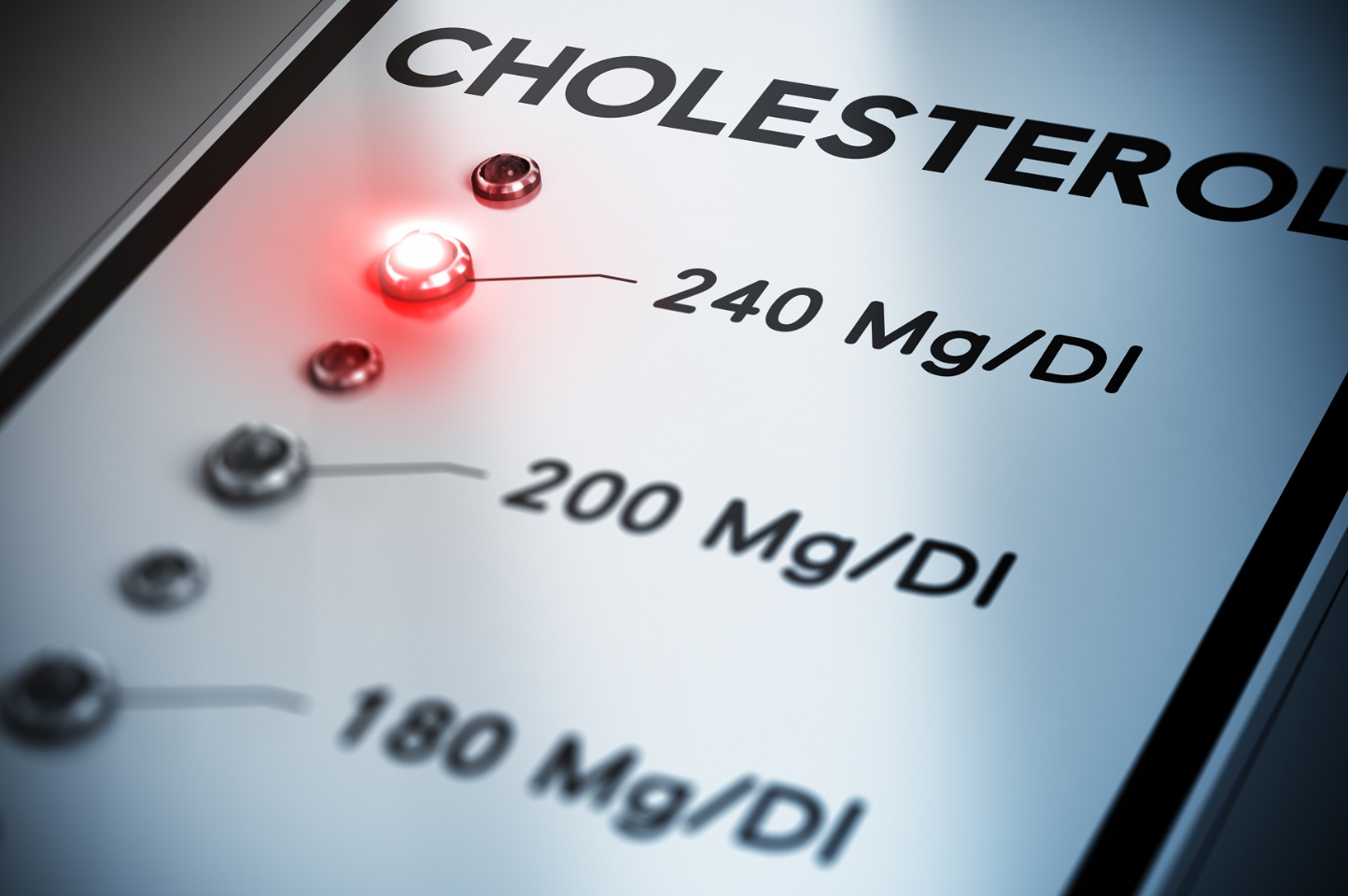You most probably would have read or heard that you should limit your fat intake because it causes high cholesterol. Some of you might have in fact taken up a cholesterol diet too in order to lower high cholesterol levels. However, isn’t it strange that you did not realize you had high cholesterol till the time your doctor read those test reports?
Our bodies need cholesterol for a variety of metabolic and hormonal functions; however, when these levels cross a limit, they pose a huge threat to your heart health. Moreover, if you have diabetes, you are more prone to have high cholesterol because of a condition called diabetic dyslipidemia.
What is high cholesterol?
Our body contains different types of cholesterol in the form of lipids. These include low-density lipoproteins (LDL), high-density lipoproteins (HDL), triglycerides, and very low-density lipoproteins. Together all these are called total cholesterol. While LDL is known as bad cholesterol, HDL is known as the good cholesterol.
Cholesterol levels or total cholesterol range varies as per age, gender, and body weight. While people below the age of 18 years are generally not susceptible to have high cholesterol, adults especially men have more cholesterol than women all through their lives. Women tend to have higher than normal cholesterol levels after their menopause. Having said that, normal cholesterol levels are not very varied for adults.
People have high cholesterol levels for various reasons. These include:
- Poor dietary choices with excess consumption of animal fats, saturated fats, and processed foods
- People with higher body mass index and people with obesity tend to have high cholesterol levels
- Higher abdominal fat is also a risk factor for high cholesterol
- Sedentary lifestyle can also lead to high cholesterol
- Certain disease conditions can also lead to high cholesterol. High cholesterol and diabetes are closely related.
- Smoking can also lead to high cholesterol
- Use of alcohol
- Stress
Health risks associated with high cholesterol
- Deposition of cholesterol in the arteries leading to formation of plaques.These plaques obstruct the passage of blood through the arteries leading to cardiovascular diseases. This is called atherosclerosis
- Stroke
- Angina
- Chest pain
- Heart attack
- Peripheral artery disease
- Coronary artery disease
Symptoms of high cholesterol
Cholesterol levels increase in the body without the person realizing it. That is why high cholesterol levels do not cause symptoms. Cholesterol levels should be tested in order to determine whether a person has high cholesterol or not. That is why it is important even for adults without any medical condition to check for their cholesterol levels with a lipid profile test.
Apart from that, people who are obese, have a family history of high cholesterol, and above 35 years should get their cholesterol levels checked as per the advice of their doctors. Since cholesterol and diabetes are closely related, people with diabetes should get a lipid profile test once every year or as per the advice of their diabetes doctor or endocrinologist.
Cholesterol Range
| Cholesterol | Recommended (mg/dL) | High (mg/dL) | Very high (mg/dL) |
| Total Cholesterol | Less than 200 | 200 to 240 | More than 240 |
| LDL (low-density lipoprotein) | Less than 130 | 130 to 160 | More than 160 |
| HDL (high-density lipoprotein) | Less than 50 | 50 to 35 | Less than 35 |
| Triglycerides | Less than 150 | 150 to 500 | More than 500 |
